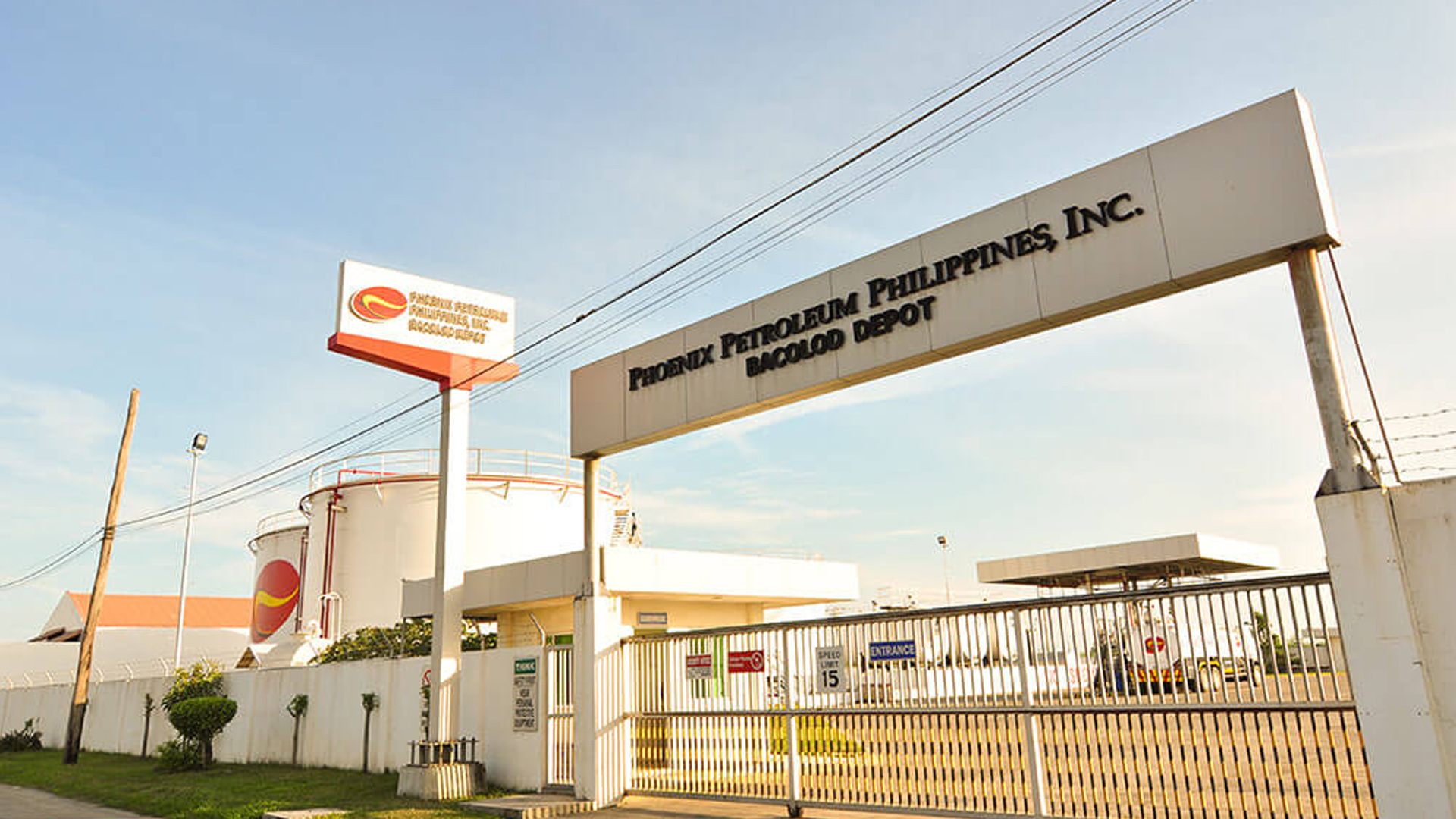Third largest oil player Phoenix Petroleum returned to profitability in the third quarter of the year with a net income of P296 million, following a net loss of P5 million in the previous quarter. The growth is attributed to the company’s relentless focus on cost discipline along with a more stable oil price environment.
Phoenix reported a 42 percent increase in total volume in the third quarter compared to the same period last year as overseas demand almost tripled and domestic business recovered from the adverse impact of the COVID-19 pandemic that began in the second quarter of the year. Year-to-date overall volume was also 23 percent higher compared to 2019.
Overseas volume was led by its subsidiary, PNX Petroleum Singapore, which is emerging as a strong regional player as it broadened its portfolio with liquified petroleum gas (LPG) last year. Overseas LPG volume also grew by 8 percent from the previous quarter through Phoenix Gas Vietnam, as the country became one of the first to reopen its economy amid the pandemic. Leveraging on a supply partnership with Hengyi Industries, LPG Vietnam has grown its volume threefold since Phoenix’s acquisition of the business last year.
Meanwhile, domestic volume increased by 14 percent quarter-on-quarter as community quarantine restrictions on travel and movement continue to ease nationwide. Retail led the recovery with a 36 percent sequential volume growth in the third quarter. Even with public transportation yet to be fully restored to normal, retail sales have already reached 80 percent of pre-COVID volume. Close to 100 percent of Phoenix’s retail network is under regular operations, with total station count at 665 as of end-September.
LPG now comprises 17 percent of Phoenix’s domestic volume, up from 10 percent in the same period last year. Growth was accelerated with cylinder sales already exceeding pre-COVID levels, experiencing double-digit growth. The lockdown-resilient demand for LPG has been amply supported by competitive supply and sustained expansion of Phoenix’s Luzon distribution network and complemented by its strong foothold in Visayas and Mindanao.
In terms of commercial business, volume was relatively unchanged from the previous quarter but continues to be sustained by the mining, fishing and power sectors, which were less affected by the strict enhanced community quarantine restrictions. FamilyMart, Phoenix’s convenience store retailing business, likewise improved from a dip in May with average checks almost double from year-ago levels.
The company said it remains committed to its priority to preserve resources. Operational expenses per liter was down 22 percent in the third quarter compared to the previous year. To date, close to P1 billion in cost savings and at least P1.5 billion in capital expenditure rationalization have been realized.
“Our mission to become an indispensable partner in the journey of our customers, employees and communities is more relevant than ever today as we navigate our way through the uncertainties together. With the support and confidence of our stakeholders, including creditors and suppliers, we will be able to return working capital and liquidity to optimal levels and accelerate growth,”said Phoenix president Henry Albert R. Fadullon.
The Company is moving forward with new innovations and milestones. Based on the latest data from the Department of Energy on fuels market share as of the first half of 2020, the Company is now the third largest in the country. LPG market share also increased.
Meanwhile, through a partnership with Mesa Energy, the Company introduced a genset technology that uses propane-rich LPG to provide cleaner and reliable power supply to remote, off-grid locations. Currently being piloted in the Balesin Island Club in Polillo, Quezon, the Company will replicate the solution in industries such as manufacturing, hospitality and leisure, construction, and telecommunications, which are generating power for their own use.
Scaling the business for the new normal, FamilyMart also started operating beyond its brick-and-mortar locations with mobile stores. With lower upfront investment, smaller real estate, and lighter working capital needs, the new format brings the store closer to communities. The first three stores were unveiled in Cebu in November. These are in addition to the 48 stores operating as of date.
“From fuel and convenience store retailing to business-to-business, we continue to strengthen our offer, deliver operational excellence in our execution, and deepen our focus on cash flows as we bring the Company back to its path to profitability by year-end,” he said.








